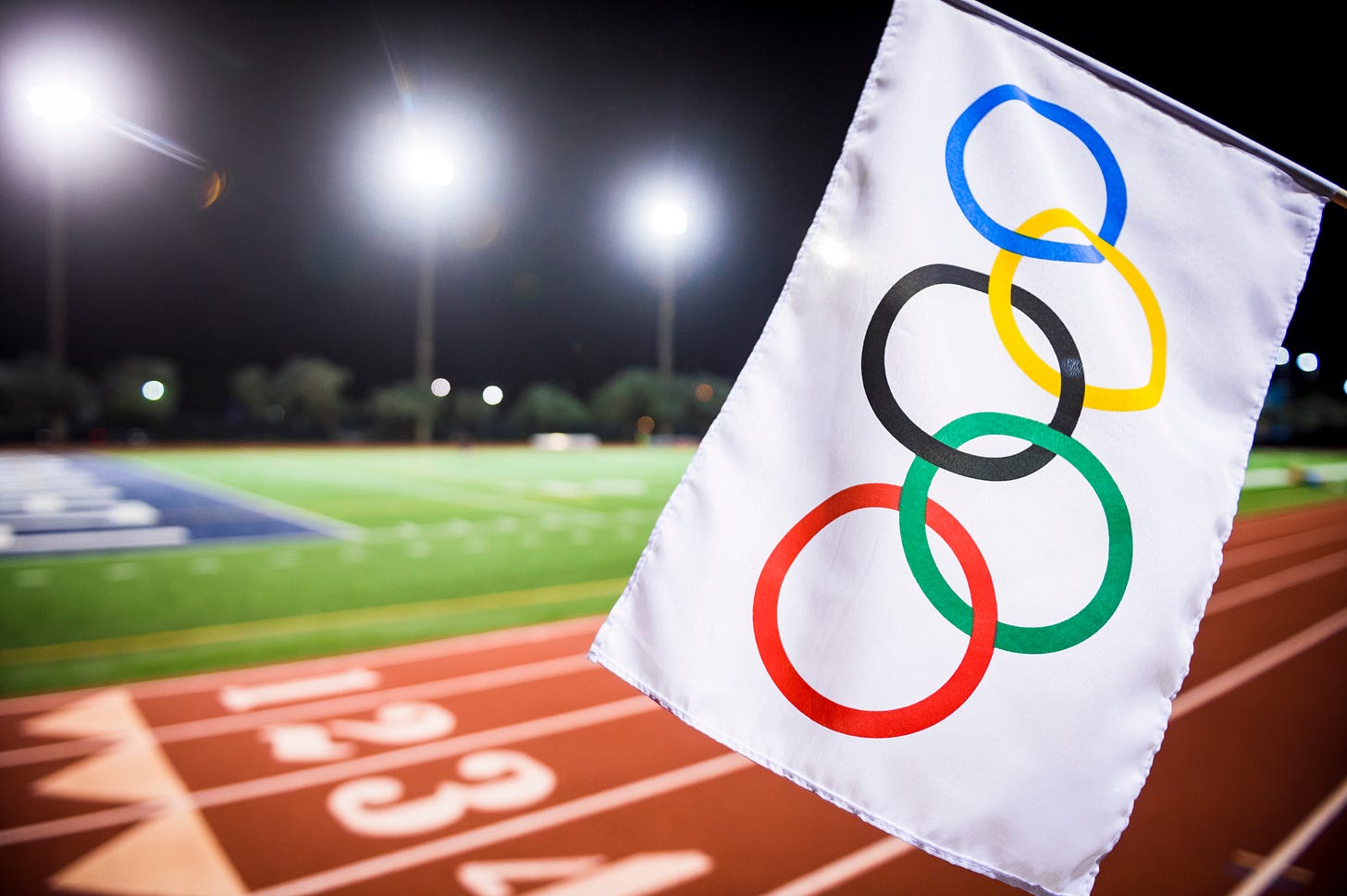The continuing COVID-19 pandemic has meant that the 2021 Olympics in Tokyo look a little different than previous Olympic Games. Originally scheduled for last summer, the iconic international competition was one of many events postponed due to pandemic concerns.
As the games launched last month, they did so in empty or onl…

